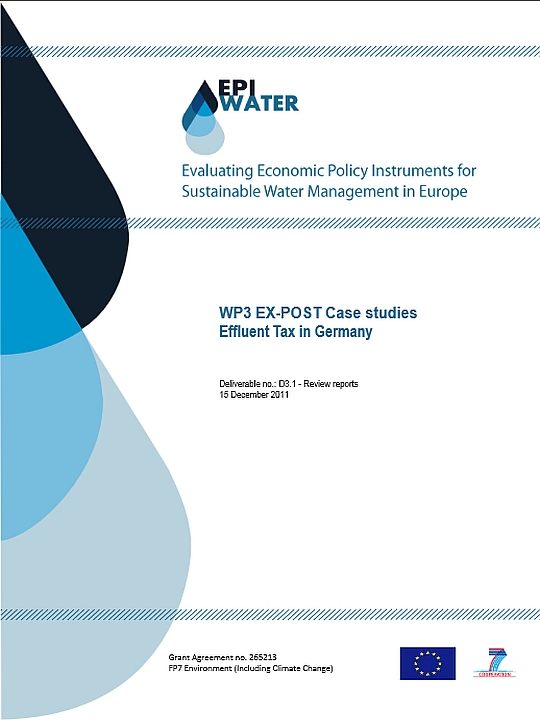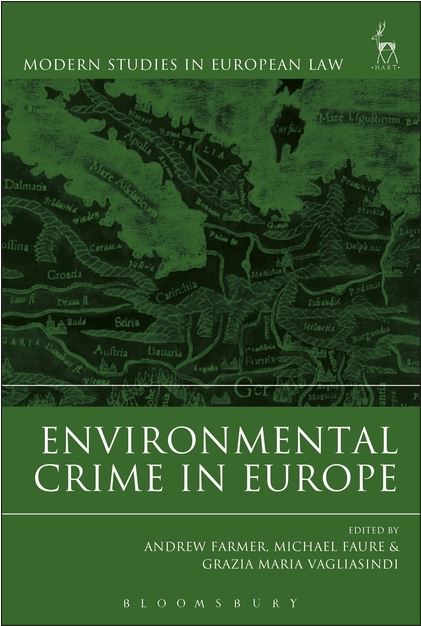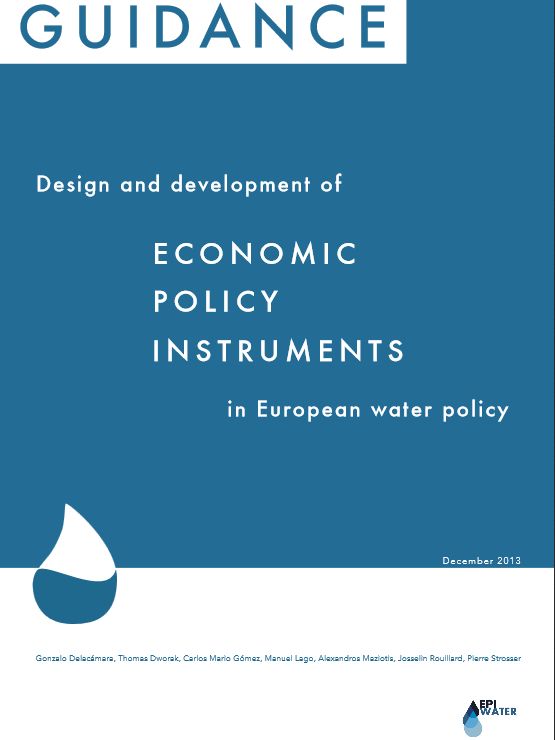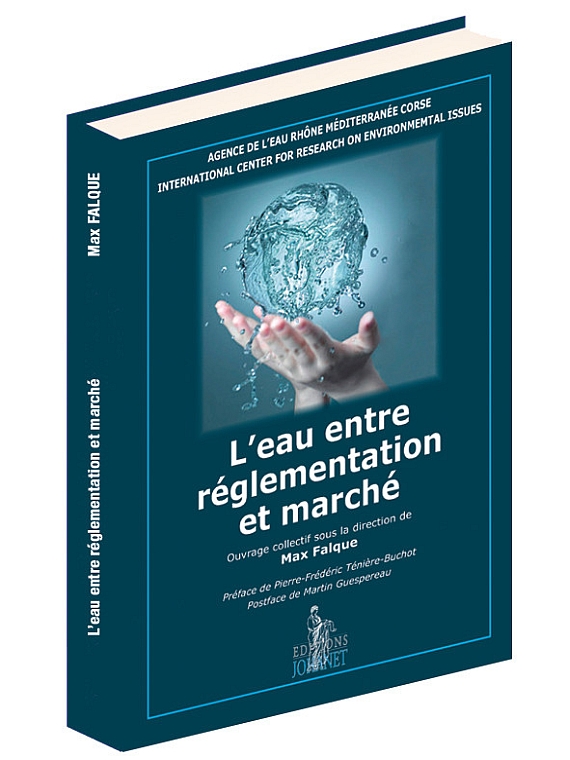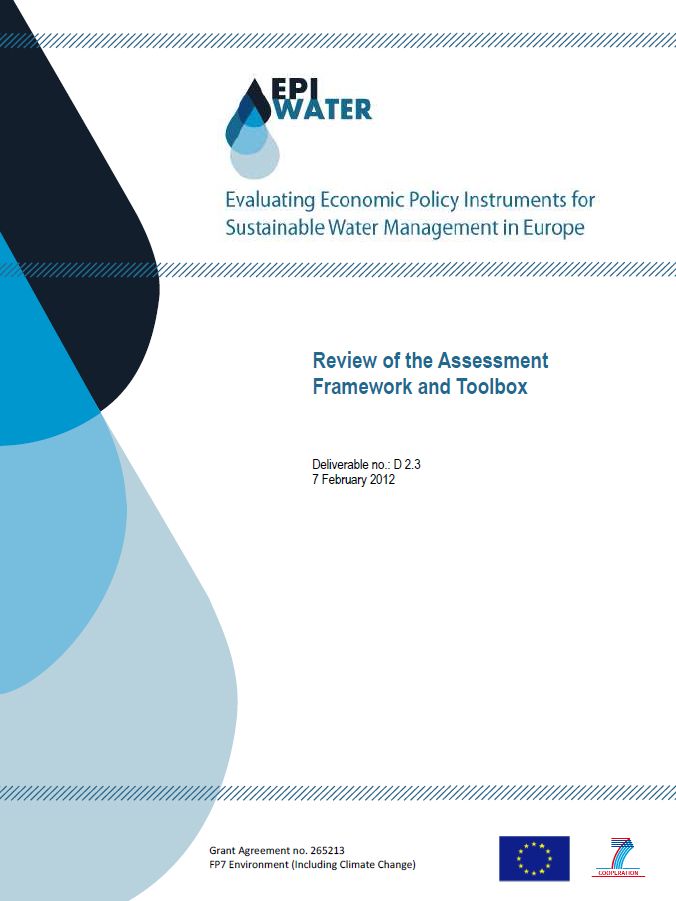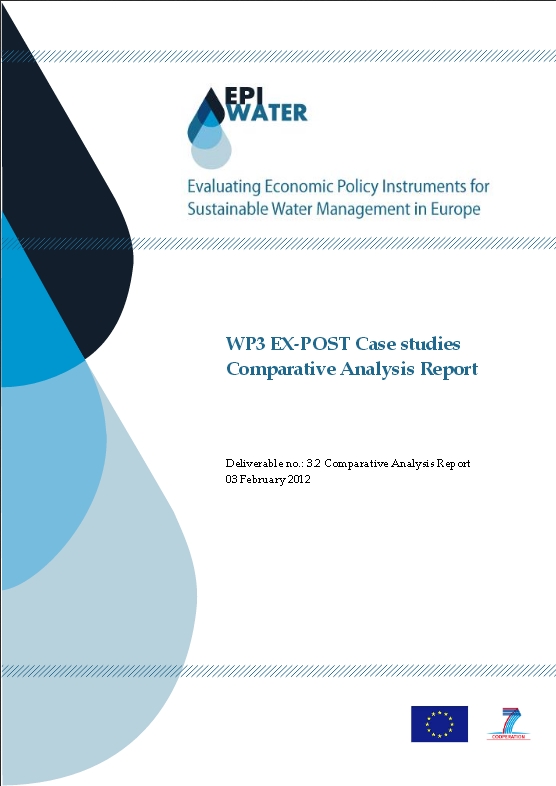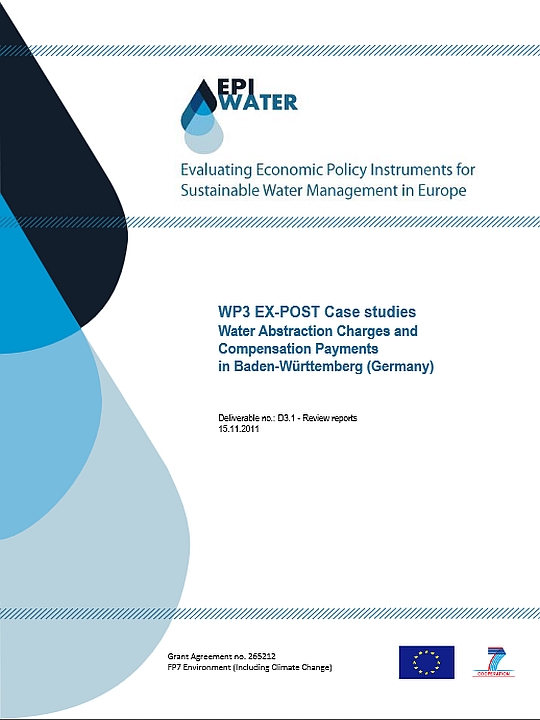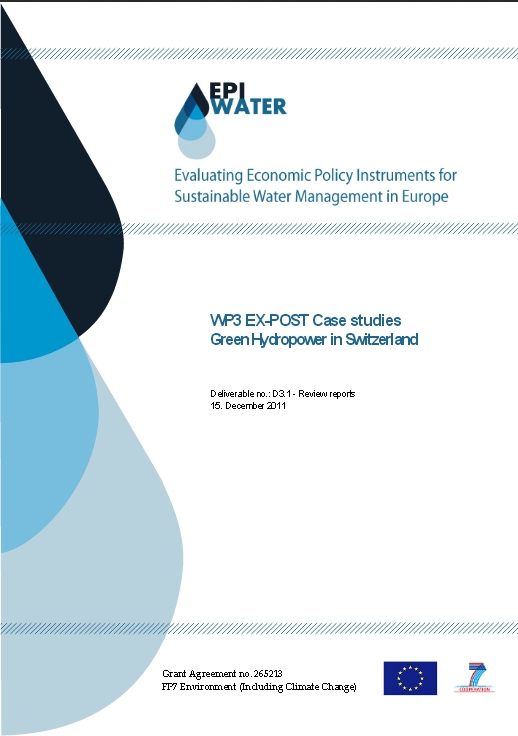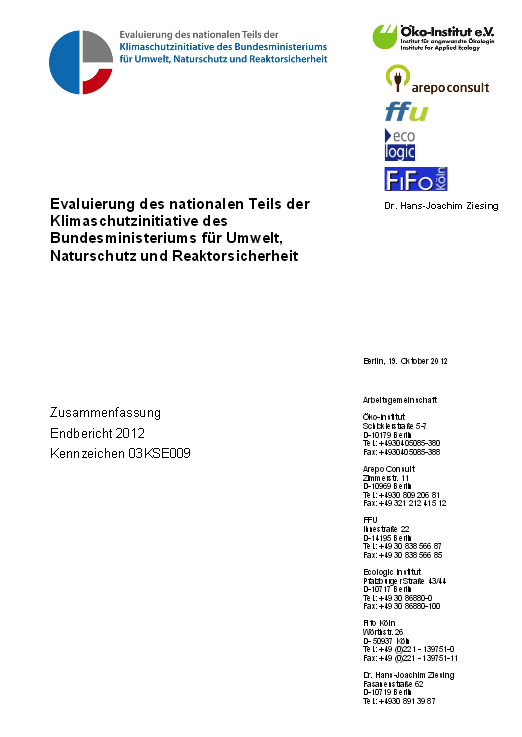Effluent Tax in Germany
- Publication
- Citation
Möller-Gulland, Jennifer; Katriona McGlade and Manuel Lago 2011: Effluent Tax in Germany. Ecologic Institute.
A policy mix consisting of regulatory and economic instruments can be very powerful in implementing and enforcing policies to address direct effluent emissions, as illustrated by this case study conducted by Ecologic Institute under WP3 of the FP7 EPI-Water project. In order to reduce point source pollution, several instruments were introduced in Germany throughout the years. In 1957, discharge permits were implemented under the Federal Water Act, followed by the effluent discharge fee of the Effluent Tax Act in 1976. In 1997, the Waste Water Ordinance introduced discharge limits and technological standards.
This case study analyzes the implementation of a policy mix focusing especially on the Effluent Tax, which has led to significant capacity building in the water management administration in Germany. The exceptionally high growth in pollution-intensive sectors (such as energy, chemicals, and construction) in the post-war period caused serious environmental problems, as the construction of wastewater treatment facilities did not keep pace. Compared to other industrial nations, such as the UK and Japan, Germany did not have the option to dispose wastewater from its industrial areas directly to the sea, which led to highly polluted river systems. The effluent charge was introduced in 1976 as a reaction to the insufficient implementation of direct regulation (Federal Water Act, WHG) of effluent discharges by the water management administrations of the Federal States of Germany and the resultant non-compliance with prescribed discharge standards in the private and municipal sectors. The study [pdf, 1.82 MB, English] is available for download.
